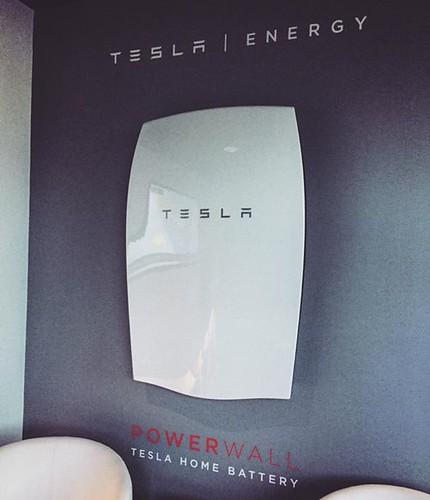Table of Contents
Solar energy is becoming an increasingly popular choice for renewable energy generation. However, one of the biggest challenges with solar power is energy storage and the battery technology. When the sun is shining, solar panels generate power, but what happens when the sun goes down or when clouds cover the sky? This is where batteries come into play.
Over the years, battery technology has been evolving, and this has led to the development of more efficient, durable, and cost-effective batteries for solar panel installations. In this blog post, we will explore the latest developments in battery technology for solar power.
Lithium-Ion Batteries
Lithium-ion batteries are a popular choice for solar panel installations. They are lightweight, have a high energy density, and are low-maintenance. They are also known for their long cycle life, meaning they can be charged and discharged many times without significantly degrading their performance. Lithium-ion batteries are also relatively safe and have a low self-discharge rate.
Flow Batteries
Flow batteries are a type of rechargeable battery that use two chemical components dissolved in liquids that are separated by a membrane. These components are circulated in the battery during charging and discharging. Flow batteries are a promising technology for solar power because they are highly scalable and can be easily customized to meet specific energy storage requirements.
Solid-State Batteries
Solid-state batteries are a relatively new technology that is quickly gaining popularity. These batteries use a solid electrolyte instead of a liquid or gel electrolyte used in traditional batteries. Solid-state batteries have several advantages, including higher energy density, longer cycle life, and improved safety. They also have a faster charging time and can be manufactured in different shapes and sizes.
Zinc-Air Batteries
Zinc-air batteries are another promising technology for solar power storage. These batteries use oxygen from the air to activate the zinc anode, which produces electricity. Zinc-air batteries have a high energy density, are low-cost, and are environmentally friendly. They are also easy to manufacture and are safer than traditional batteries.
Sodium-Ion Batteries
Sodium-ion batteries are an emerging technology that shows great promise for solar power storage. They are similar to lithium-ion batteries but use sodium ions instead of lithium ions. Sodium-ion batteries are low-cost, have a high energy density, and are safer than traditional lithium-ion batteries. They also have a longer cycle life and can operate in a wider temperature range.
The latest developments in battery technology have revolutionized solar power storage. With the right battery technology, solar panels can generate and store energy efficiently, making solar power a viable energy source for homes, businesses, and communities. As the world moves towards renewable energy, battery technology will continue to play a critical role in making solar power more accessible and affordable for everyone.
